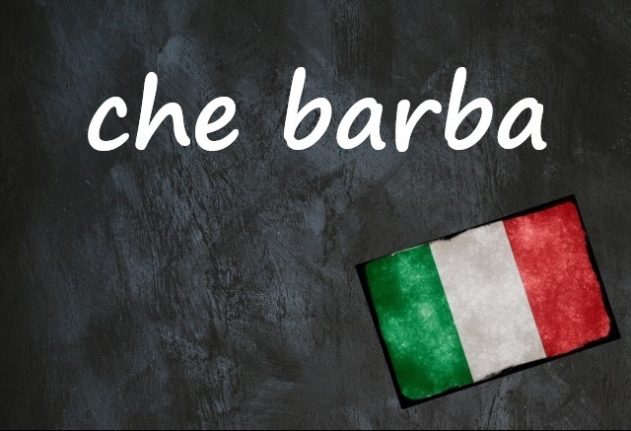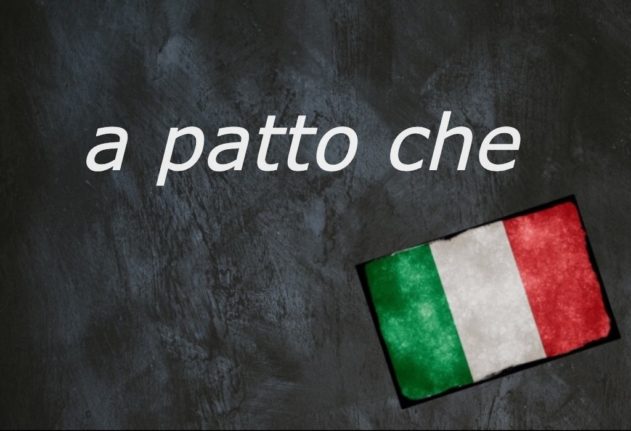Life in Italy is rarely dull, especially when you’re learning the language.
Every conversation opens up new opportunities to test your vocabulary, learn something new, or make a complete fool of yourself.
Still, you might like to know when Italians are telling you they’re bored or tired of something – particularly if they do so using today’s curious phrase.
Literally meaning ‘what a beard,’ che barba in Italian is usually used to mean ‘what a bore.’ Hear it pronounced here.
Perhaps this means that whatever’s happening is about as exciting as watching a beard grow. Or as tedious as having to shave every day.
Personally, I like to imagine it’s a reference to a particularly long-winded – and long-bearded – professor who regularly bores his students to sleep.
In any case, if you hear someone suddenly exclaim “che barba!” they’re not complimenting someone’s excellent facial hair.
– Non ti è piaciuto il film?
– No. Che barba!
– Didn’t you like the film?
– No! What a bore.
Or you can dispense with words altogether, as this Italian phrase has its own hand gesture.
If you see an Italian stroking an imaginary beard, they’re probably not contemplating the meaning of life.
For example:
– How was Italian class today?
– (Silent stroking of chin)



 Please whitelist us to continue reading.
Please whitelist us to continue reading.
I seem to recall during my time in Northern Italy, that this expression also referred to the fact that men had to shave every day; a boring fact of life. The gesture is close to one of my favourites: the quick, multiple flick of all four fingers under the chin denoting ‘I couldn’t care less’ (me ne frega….). So not to be confused, even if the end result can be similar!